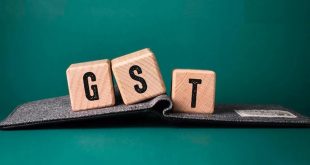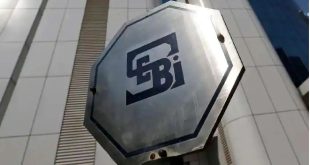[ad_1]

The Delhi High Court has given a big decision on Monday in the matter of changing 2000 rupee notes. The Court dismissed the petition challenging the directions of the Reserve Bank of India (RBI) and the State Bank of India (SBI). With this, it will now be easy to exchange ₹ 2000 notes without ID proof across the country.
The petition raised the question of exchanging ₹2000 notes without any identification. SBI had said in a notification on May 23, before exchanging the notes, that people can exchange Rs 10 notes of Rs 2,000 by themselves by visiting the bank branch. For this, they do not need to fill any kind of ID proof and request slip.
A bench of Justice Satish Chandra Sharma and Justice Subramaniam Prasad dismissed the petition of BJP leader and lawyer Ashwini Kumar Upadhyay on Monday. In her petition, Ashwini Upadhyay has termed the decision of Central Bank and SBI as arbitrary, illogical and against the spirit of Article-14 (right to equality) of the Constitution.
This is normal work, not demonetisation: RBI
During the hearing on the petition, senior advocate Parag Tripathi presented arguments on behalf of the central bank. RBI considered the process of changing ₹2000 note as a statutory act. He said that this is not ‘demonetisation’. Let us tell you that RBI has given time till 30 September 2023 to replace the ₹ 2000 note. Along with this, it has also been clearly said that their legal tender has been done. That is, purchases can still be made in the market with ₹ 2000 notes. This November 2016 Rs. 500 and Rs. 1000 note is different from demonetisation.
At that time these notes were not only out of circulation but also ceased to be legal tender, which meant that no purchases could be made with the notes after midnight on 8 November 2016. While no such announcement has been made for ₹2000 notes.
How will black money be caught?
Ashwini Upadhyay has expressed apprehension in his petition that black money cannot be caught by changing Rs 2000 notes without ID proof. At the same time, people with influence or black money can also get money deposited in others’ accounts. Therefore, these notes should be exchanged only after depositing them in the account.
 Suspense Crime Sach Ka Dam
Suspense Crime Sach Ka Dam


